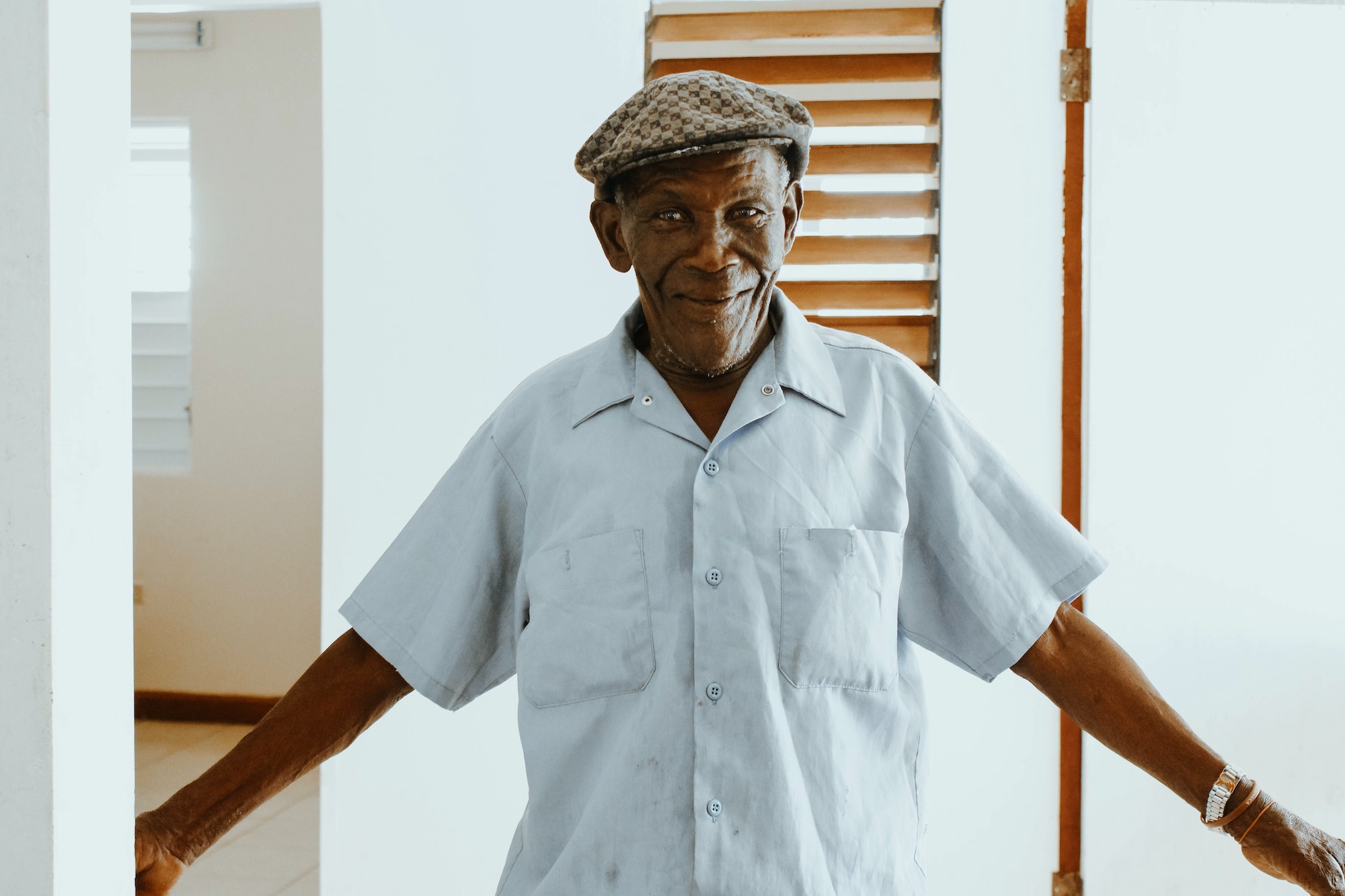Over the past few months, the novel coronavirus has resulted in a disruption of daily routines and heightened anxiety about a new virus. As restrictions lift and our state begins its return to normalcy, mental health remains a key concern for Washingtonians and legislators alike. Please join us in observing Mental Health Month this May; you can participate by raising awareness, practicing self-care, or recommitting to your recovery.
The History of Mental Health Month
Beginning in 1949, Mental Health America and other organizations designated the month of May as Mental Health Month. Through seminars, events, and social media efforts, this observation has spread throughout the United States (and the world). During this time, MHA and other groups provide key mental health services, such as educational programming and screenings for depression, anxiety, and other diagnoses. They also seek to raise awareness and decrease the stigma surrounding mental illness.
Mental Illness in America
Despite how common mental illness has become, many people face a high degree of stigma when seeking treatment. According to NAMI, the National Alliance on Mental Illness, 1 in 5 U.S. adults experience mental illness, and 1 in 25 will deal with a serious mental illness.
19% of American adults with mental illness also have a substance use disorder; this combination is referred to as dual diagnosis, or co-occurring disorders. Over time, substance use can worsen the symptoms of one’s depression, anxiety, schizophrenia, or trauma, resulting in a situation that requires lifesaving professional intervention. These scenarios can be life or death. For this reason, it is vital for those in need of these services to access them without shame or stigma.
Mental Health and COVID-19
The novel coronavirus has completely changed the landscape of mental health care. Preliminary research indicates that self-quarantine and the chronic stress associated with COVID-19 may negatively impact the mental health of people worldwide. The combination of anxiety and changes to your routine can result in feelings of isolation, disorientation, and boredom, all of which are especially concerning to people working a program of recovery.
However, all is not lost!
Ironically, with the easing of restrictions and the rising popularity of telehealth services, high quality mental health treatment is more accessible now than ever before. Outpatient programs, like those found at Lakeside-Milam, are now available via phone, app, and video. By taking advantage of these services, you can participate in group or individual therapy sessions, all from the comfort of your own home. We encourage you to make use of such remote resources during this time.
Steps You Can Take
Mental Health America asserts that everyone can benefit from proactively taking steps to preserve their mental health, not just those who have diagnosable mental illnesses. This is especially true in these strange, socially distant times. In honor of Mental Health Month 2020, MHA has released “Tools 2 Thrive,” a list of practical tools that can increase your resiliency, regardless of the circumstances you find yourself in. We’ve pulled some of our favorites for you below.
Create Healthy Routines – It’s easy to feel overwhelmed in the structureless days of COVID-19. Organizing your day by creating a practical, functional schedule can boost your mood and dispel feelings of anxiety. Research shows that strong routines around eating, sleeping, and exercising are linked to improved mental and physical health, so be sure that you’re including these items in your plans for each day. Don’t try to build your schedule all at once; start small, by modifying just one thing at a time until it becomes a habit. Maybe you’d like to start each morning with a walk around the block, or by making a healthy breakfast. That’s a great place to begin changing your life, a little bit at a time.
Eliminate Toxic Influences – Certain people and situations can trigger us to feel badly about ourselves or resume negative, harmful behaviors. Identifying toxic influences is especially important for those in recovery, who should be aware of the people, places, and things they interact with on a regular basis. By creating boundaries and being aware of others’ attempts at manipulation, judgment, negativity, and passive aggression, we can improve our mental health and safeguard our sobriety.
Own Your Feelings – It can be easy to feel caught up in strong emotions, especially in the heat of the moment. Most people don’t analyze these feelings, but taking the time to do so can help you to cope with challenging situations. Studies show that people who are good at being specific about identifying their emotions are less likely to binge drink, self-injure, or become physically aggressive when distressed. Taking the step of “owning your feelings” means allowing yourself to feel, then talking out those emotions with someone you trust. You can even jot those things down in a journal, which will help you to keep track of your experiences over time. By working through complex emotions, you’ll be better equipped to deal with COVID-19 and the world at large.
Celebrate Mental Health Month with Lakeside-Milam
At Lakeside-Milam, we offer outpatient mental health care to all, not just those with substance use disorders. Our highly trained team of therapists will work with you to identify areas of concern, talk through past trauma, and prepare to meet life’s challenges head-on. To learn more, contact us today.






